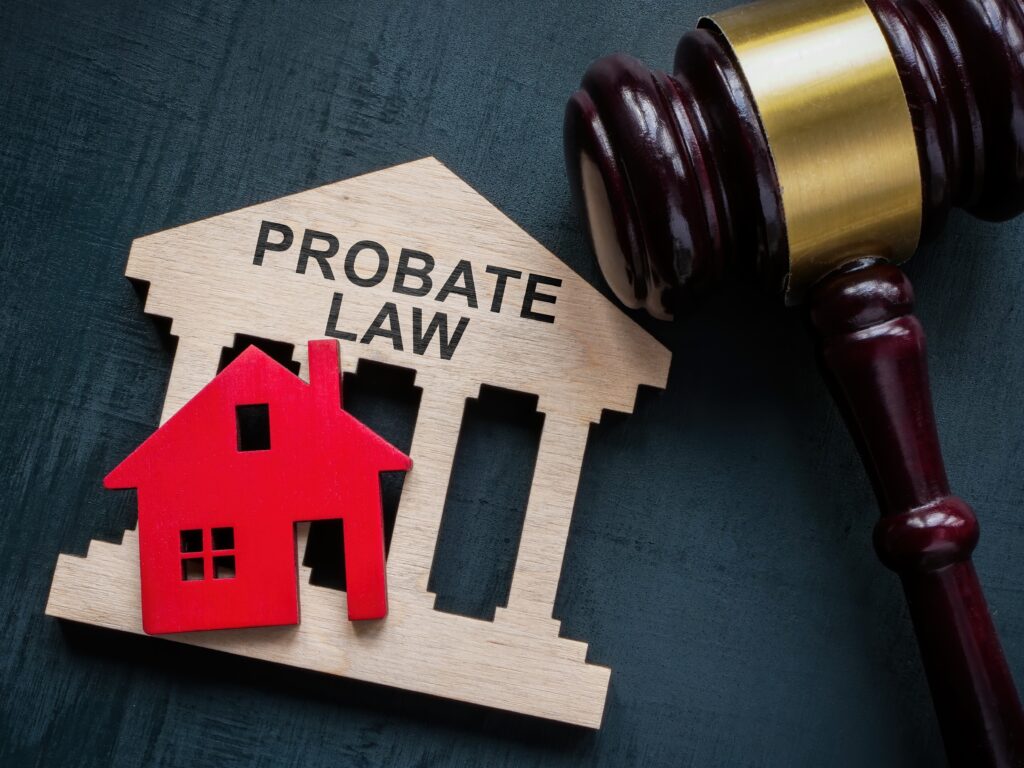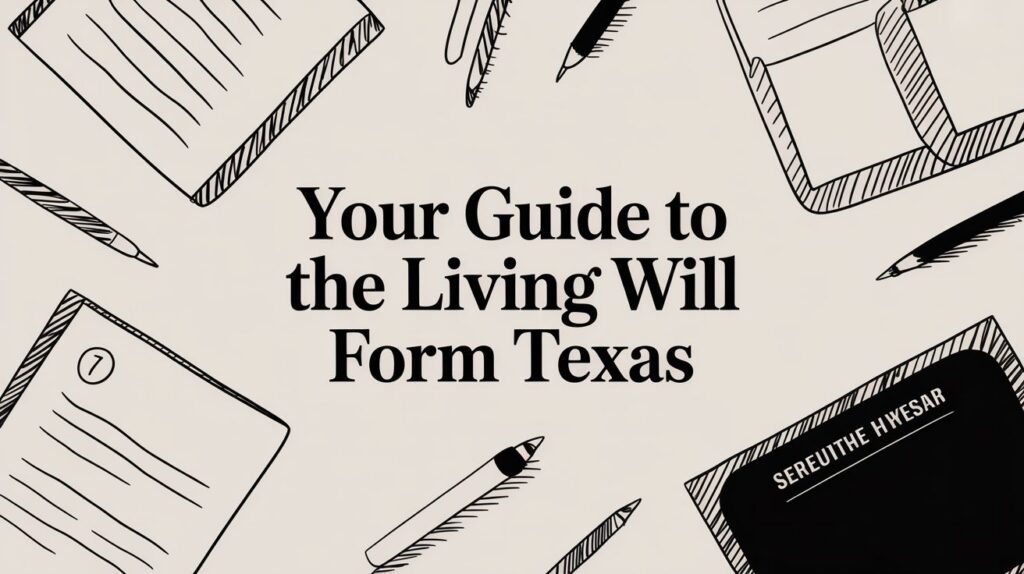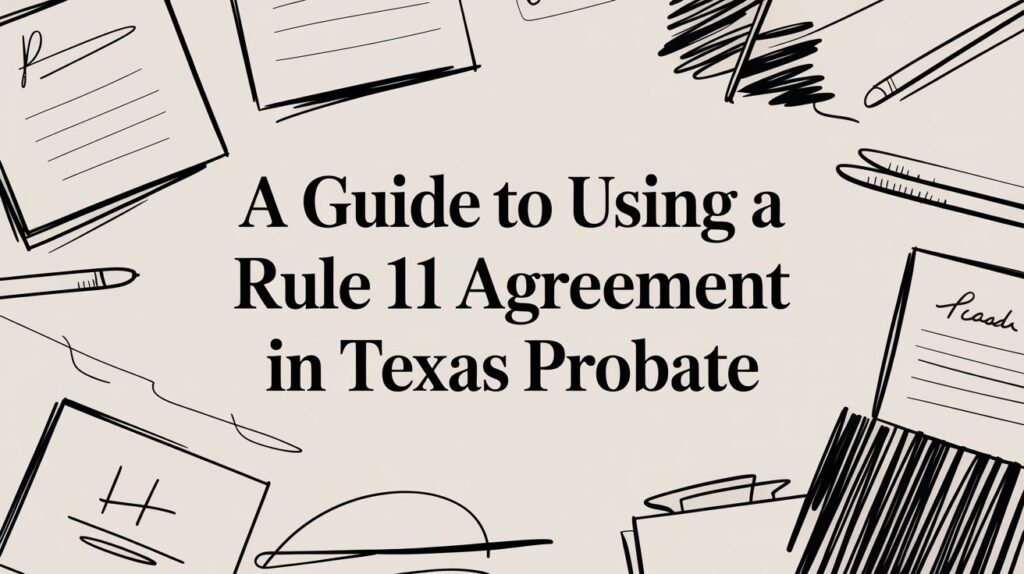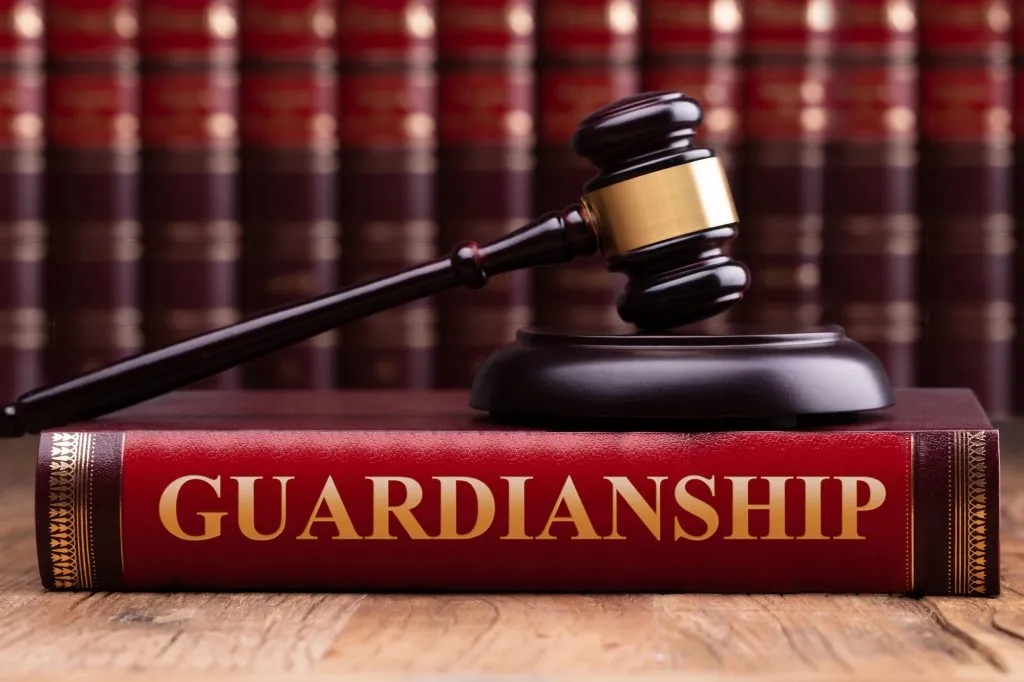If you’ve ever wondered, “can probate be reopened in Texas?”, you’re not alone. It’s a question that often surfaces months—or even years—after someone has passed away and their estate has seemingly been settled. But just because probate was closed doesn’t always mean it’s over for good.
Texas probate law, like life itself, can be unpredictable. New assets show up. Unknown heirs step forward. Mistakes in the original probate process get uncovered. And when that happens, Texas law provides a legal path to reopen the case—under very specific circumstances.
This article digs deep into when, why, and how probate can be reopened in Texas, through real-life scenarios, legal insights, and a practical analysis of the probate system. Whether you’re an heir, an executor, or someone who just found out they were left out of a will, this guide will walk you through the key facts you need to know.
What Is Probate, and Why Is It Closed in the First Place?
Before jumping into can probate be reopened in Texas, let’s quickly review what probate is. Probate is the legal process through which a deceased person’s assets are collected, debts are paid, and any remaining property is distributed according to their will—or Texas intestacy laws if there is no will.
Once the estate is fully administered and all required documents are filed with the court, the judge issues a final order closing the probate case. At that point, the estate is considered legally settled.
But what happens if something important comes to light after the ink is dry?

Yes, Probate Can Be Reopened in Texas—But Only Under Certain Conditions
The short answer to can probate be reopened in Texas is: yes, but the courts don’t do it lightly. You’ll need a valid legal reason and enough supporting facts to convince the probate court that reopening the case is necessary.
Some common reasons include:
- Discovery of new or forgotten assets
- Fraud or misconduct by the executor
- Newly discovered will or codicil
- Mistaken heirship or overlooked beneficiaries
- Improper notice or due process violations during the original probate
Texas courts are particularly focused on ensuring that estates are administered fairly and lawfully. If someone’s rights were missed the first time, the law offers a second chance to make things right.
Real-Life Example: The Hidden Safe Deposit Box
Marissa’s father passed away in Harris County, and probate wrapped up within eight months. A year later, the family discovered a hidden safe deposit box containing $85,000 in savings bonds. The original executor had no idea it existed. Marissa asked her attorney, “Can probate be reopened in Texas for something like this?”
The answer was yes. Her attorney filed a motion with theprobate court, citing the newly discovered assets. The court agreed, reopening the estate so the funds could be lawfully distributed to the rightful heirs.
Who Can Request to Reopen Probate in Texas?
If you’re asking can probate be reopened in Texas, it helps to know whether you have legal standing to make that request. In general, the following individuals or parties may be eligible:
- Heirs or beneficiaries who were left out or overlooked
- Executors or administrators who discover new information
- Creditors with valid claims that were not addressed
- Individuals who were wrongfully denied notice of probate proceedings
- Anyone with a valid interest in newly discovered estate property
Texas probate courts require you to show a compelling reason tied to a legal interest. Just disagreeing with how the estate was handled isn’t enough.
How Long Do You Have to Reopen Probate?
There’s no universal deadline, but timing still matters. Texas law provides some flexibility, especially in cases where fraud or new assets come to light. However, there are key timelines you need to consider:
- If a new will is discovered, it generally must be submitted within four years of the decedent’s death, unless there’s a strong reason for the delay.
- Creditor claims must usually be filed within two years of the date of death.
- There’s more leeway for heirs and beneficiaries if they were unaware of the original probate proceedings or were wrongfully excluded.
Even if probate has been closed for years, Texas courts will reopen a case if there’s sufficient cause and no unfair delay in bringing the issue to light.

What Is the Process for Reopening Probate?
Once you’ve established that probate can be reopened in Texas, the next step is understanding how to do it.
Step 1: File a Motion or Petition
You—or your attorney—must file a motion or petition with the probate court where the estate was originally handled. This document outlines:
- The reason for reopening the estate
- Your legal interest in the matter
- Supporting facts and documentation
- A proposed course of action (e.g., appointing a new administrator)
Step 2: Notify All Interested Parties
Just like with the original probate, the law requires that all heirs, beneficiaries, and interested parties be notified of the motion. If someone objects, the court may set a hearing to evaluate the facts.
Step 3: Attend the Court Hearing (If Required)
In contested cases—or cases involving significant assets or fraud—the court may require a formal hearing. You or your legal representative will need to present evidence and explain why reopening the case is justified.
Step 4: Court Issues an Order
If the court agrees, it will issue an order reopening the estate and may appoint an administrator (either the original one or someone new) to handle the remaining matters.

Common Scenarios When Probate Is Reopened in Texas
Let’s explore the real-life circumstances where reopening probate isn’t just possible—it’s necessary.
Scenario 1: A New Will Appears
Sometimes, a newer will surfaces after probate is closed. Maybe it was tucked in a safe or forgotten in a lawyer’s file. If this newer document changes the distribution of the estate, Texas courts may reopen probate to honor the decedent’s final wishes.
Scenario 2: Executor Misconduct or Fraud
If the executor misused estate funds, withheld information, or failed to notify heirs, the court may reopen probate to investigate and correct the situation. This could also lead to the executor being removed and held personally liable.
Scenario 3: A New Asset Comes to Light
This is one of the most common reasons people ask can probate be reopened in Texas. A stock account, oil royalties, orreal estate deed might emerge long after probate is closed. The estate must be reopened to legally distribute that property.

Scenario 4: Incorrect Heirs Were Named
Mistaken identity, outdated family records, or failure to perform proper heirship determinations can all lead to someone being left out. If the error is caught later, the case can be reopened to ensure the right people receive their share.
What Are the Risks of Reopening Probate?
While reopening probate is legal and sometimes necessary, it’s not without challenges:
- Costs: Filing fees, attorney fees, and court costs can add up
- Delays: It may take months to sort out newly discovered issues
- Disputes: Reopening probate often reignites family conflicts or introduces new ones
- Court Scrutiny: You’ll need solid proof and a legitimate legal basis—speculation won’t cut it
That said, the benefits—particularly for rightful heirs—often outweigh the risks when there’s genuine injustice or oversight.
Real-Life Example: The Forgotten Ranch Land
Diego’s grandfather passed away in West Texas and left behind a modest estate. Probate closed with no major surprises. Years later, while helping his cousin go through old family deeds, Diego discovered unclaimed mineral rights tied to land owned by the grandfather’s estate.
“Can probate be reopened in Texas for mineral rights that weren’t originally listed?” he asked an attorney.
The answer: yes. After verifying the land title, the attorney filed to reopen the case. The court approved the motion, and the mineral rights were properly distributed to the heirs. Years later, they’re still receiving small checks from oil lease royalties.
Can You Avoid the Need to Reopen Probate?
While Texas law provides a path for reopening, the better route is to avoid the issue in the first place. Here’s how:
- Conduct a thorough asset search before closing probate
- Consult a probate attorney to ensure proper procedures are followed
- Communicate with all known heirs and beneficiaries
- Use affidavits of heirship or independent administration when appropriate
- Keep records updated and store wills in easily accessible places
The fewer surprises, the less likely you’ll need to ask, “can probate be reopened in Texas?”
Final Thoughts: Can Probate Be Reopened in Texas? Yes—But Timing and Reason Matter
So, can probate be reopened in Texas? Absolutely. Whether it’s a newly discovered will, hidden assets, or a serious mistake in the original process, Texas courts do allow probate to be reopened under the right conditions.
But timing, legal standing, and strong evidence matter. If you believe something was missed or mishandled in a probate case, speak with a qualified probate attorney. You may have more options than you think.
Probate is meant to bring closure—but sometimes, it’s just the beginning of a longer legal journey. Knowing your rights, understanding the law, and acting quickly can help you protect what matters most.








